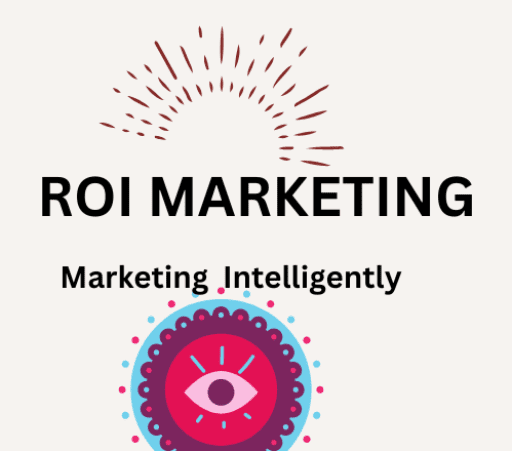What social media ad platforms perform best for small business marketers?
- Facebook Ads:
- Widely used with a massive user base.
- Offers detailed targeting options based on demographics, interests, and behaviors.
- Provides various ad formats, including image ads, video ads, carousel ads, and more.
- Instagram Ads:
- Owned by Facebook, Instagram offers visually appealing ad formats.
- Effective for businesses targeting a younger and visually-oriented audience.
- Supports photo ads, video ads, carousel ads, and Instagram Stories ads.
- Google Ads:
- While not a traditional social media platform, Google Ads can be powerful for reaching users actively searching for products or services.
- Allows for text ads, display ads, and video ads across the Google network.
- Twitter Ads( X):
- Suitable for businesses looking to engage with a more news-oriented or professional audience.
- Offers promoted tweets, promoted accounts, and promoted trends.
- LinkedIn Ads:
- Ideal for B2B marketing and reaching a professional audience.
- Offers sponsored content, sponsored InMail, and display ads.
- Pinterest Ads:
- Effective for businesses with visually appealing and lifestyle-oriented products.
- Supports promoted pins, promoted carousels, and shopping ads.
- Snapchat Ads:
- Useful for businesses targeting a younger demographic.
- Offers various ad formats, including Snap Ads, Story Ads, and AR Lenses.
- TikTok Ads:
- Popular among a younger audience and businesses with creative, engaging content.
- Supports various ad formats, including in-feed ads, branded hashtags, and branded effects.
It’s essential to analyze your target audience, marketing objectives, and budget to determine which platforms align best with your business goals. Regularly monitor and optimize your ad campaigns based on performance. At ROI Marketing LLC., we lay the groundwork for you with a 30 minute free consultation followed by a recommended digital marketing plan that works within your budget parameters.
Call us at #856-879- 5799 after you take a look at our website and blog content that details our expertise in the above platforms. http://roimarketingllc.com
What social media ad platforms perform best for small business marketers? Read More »


